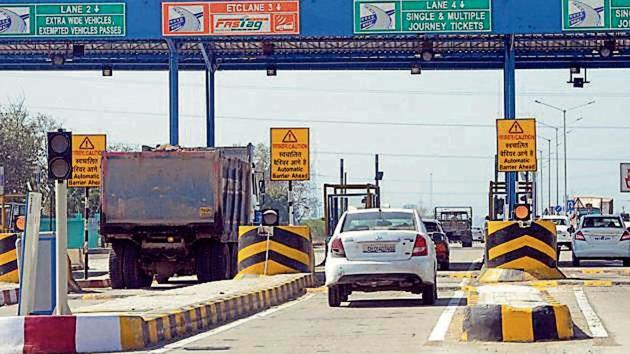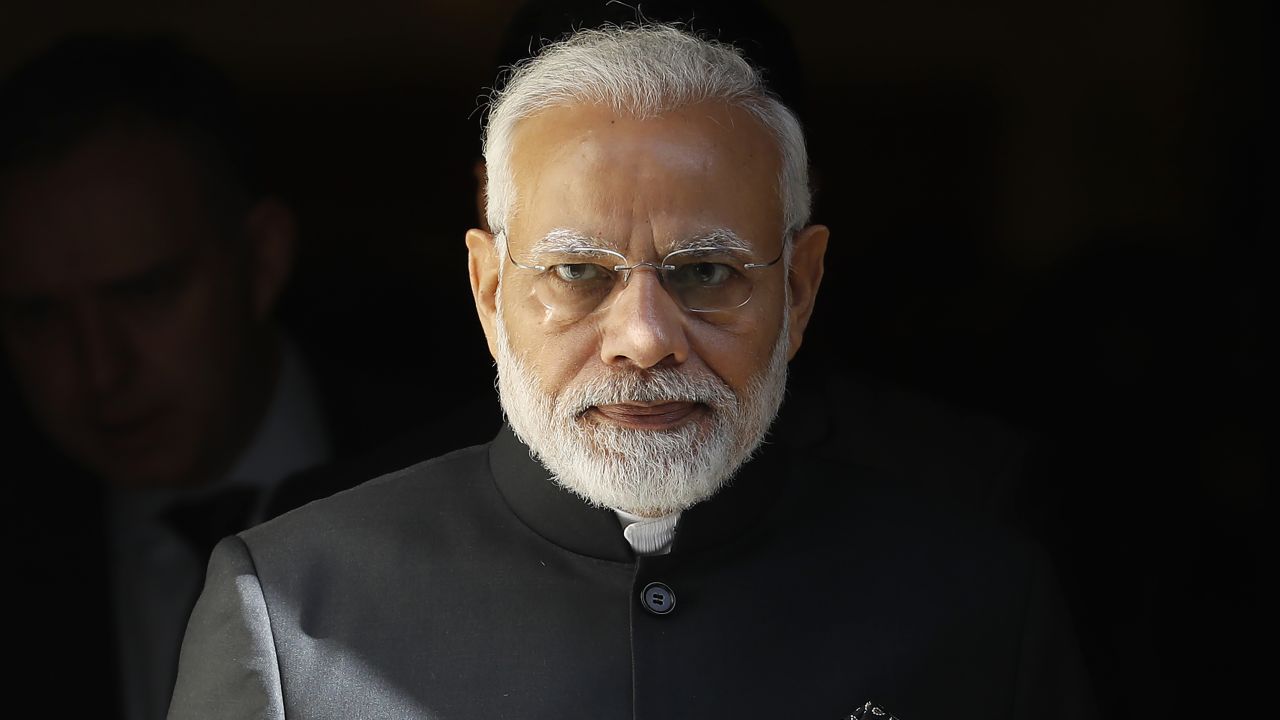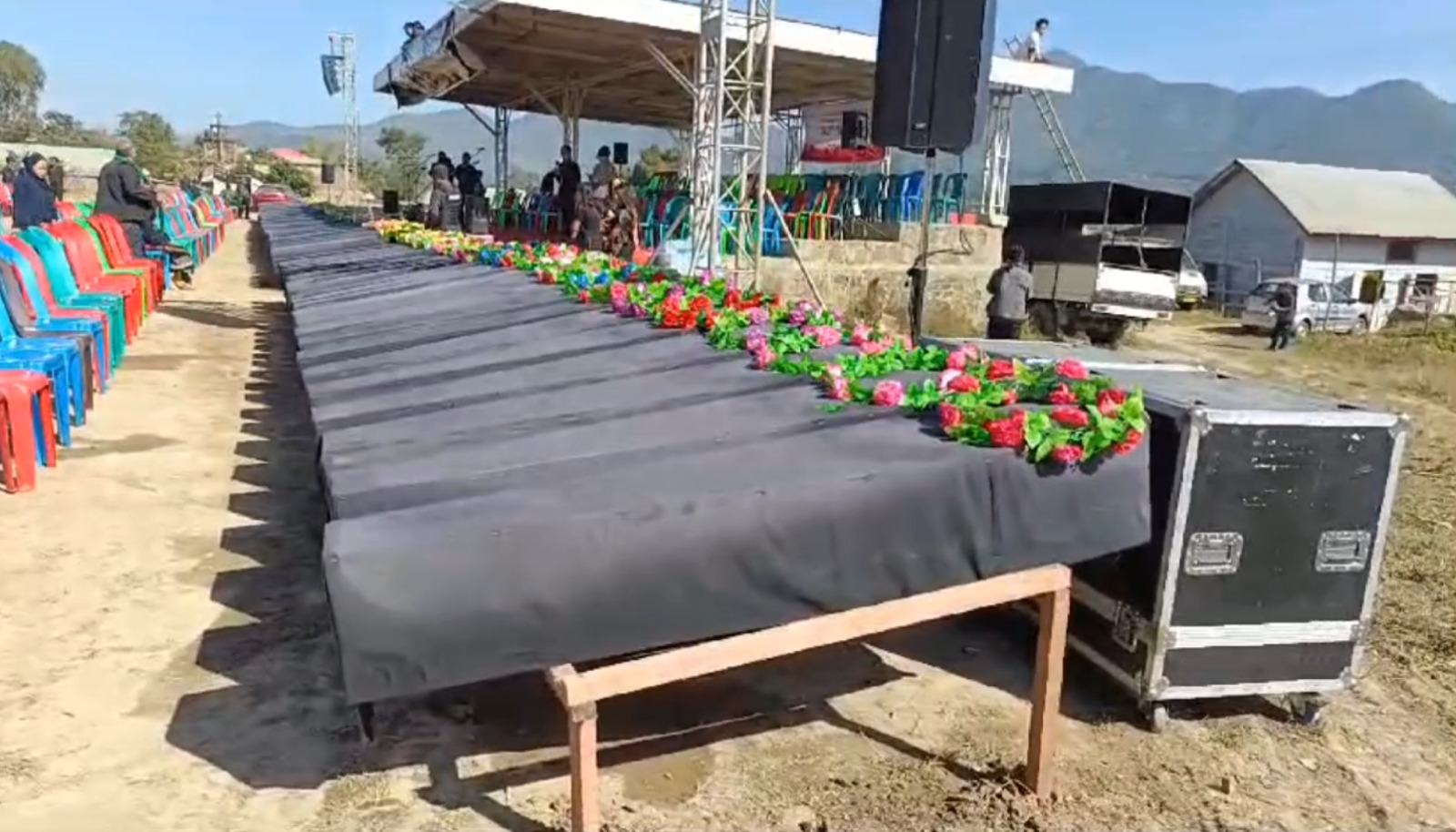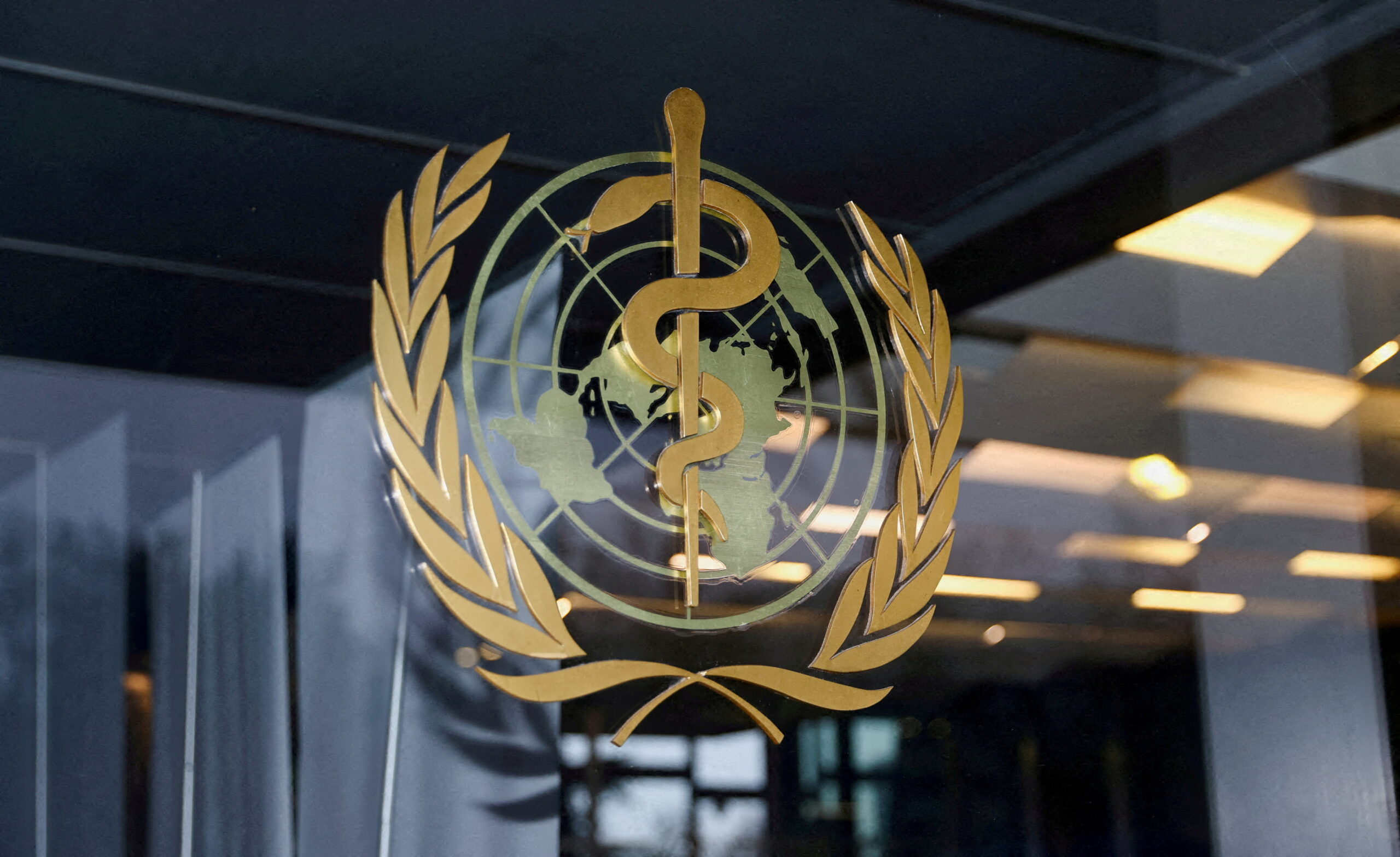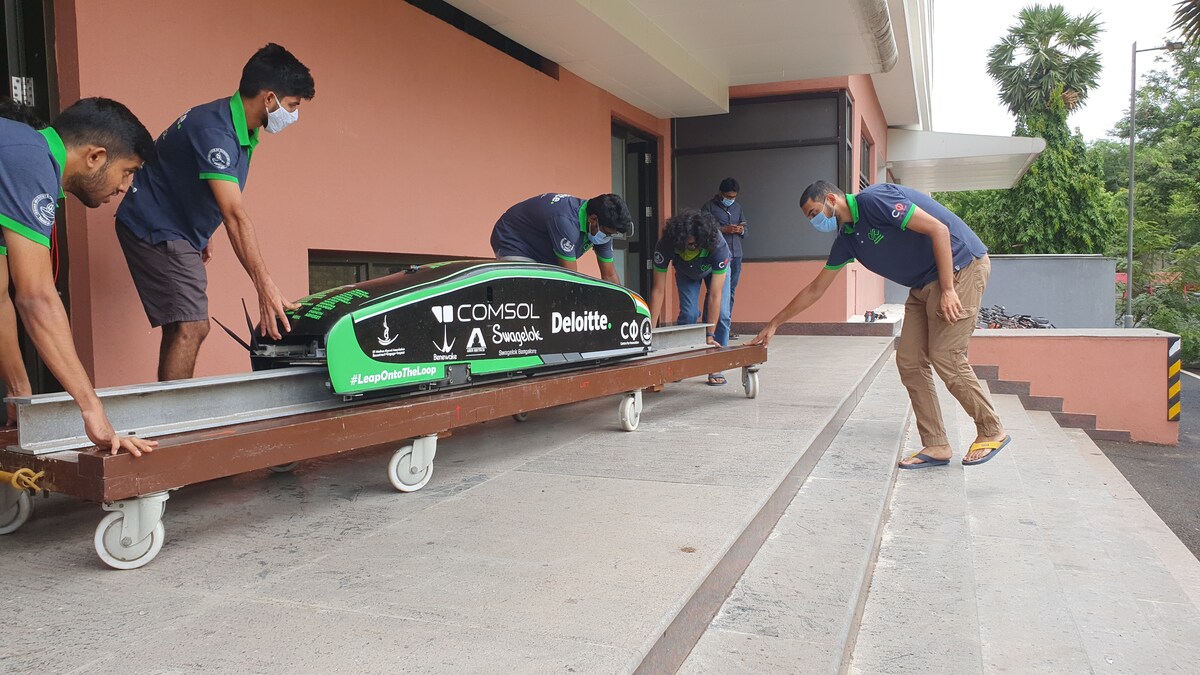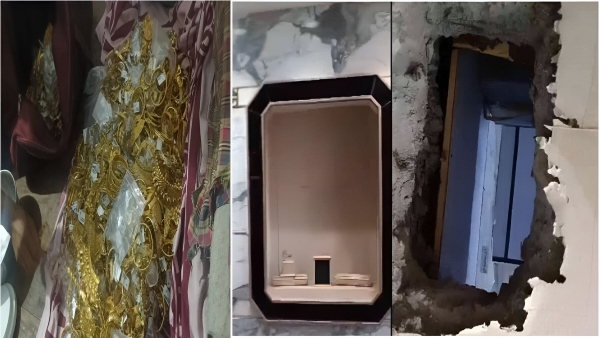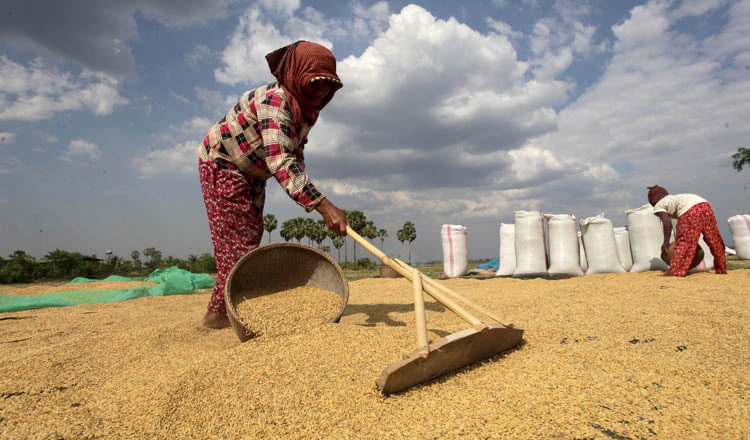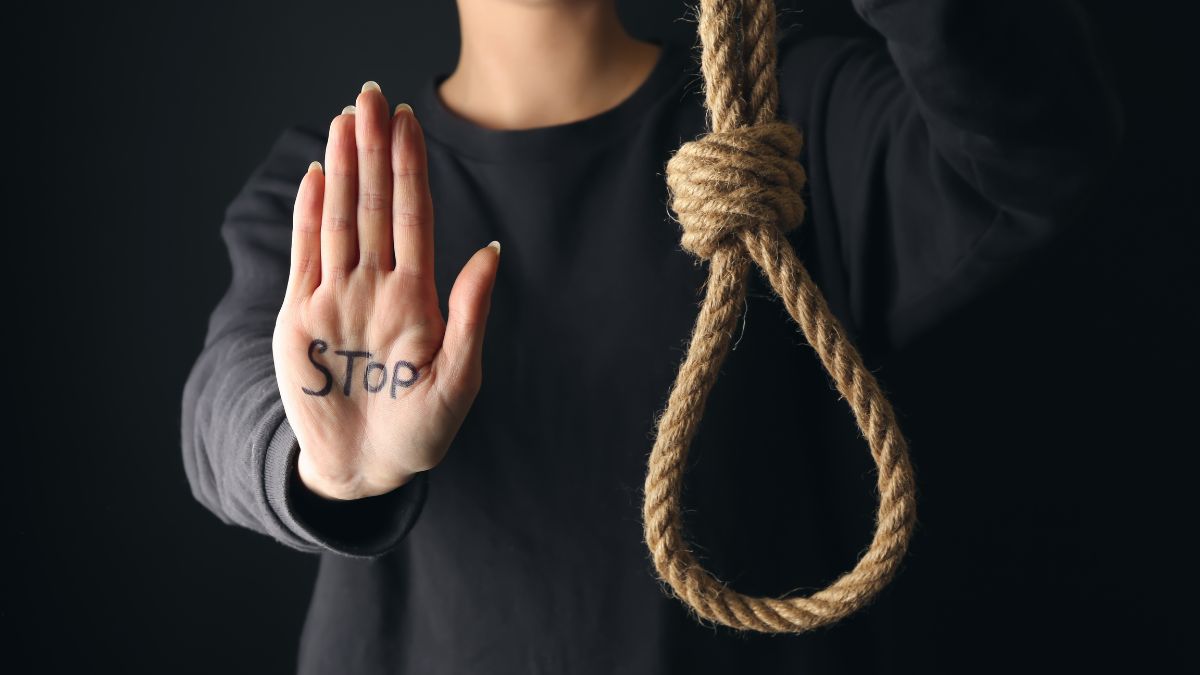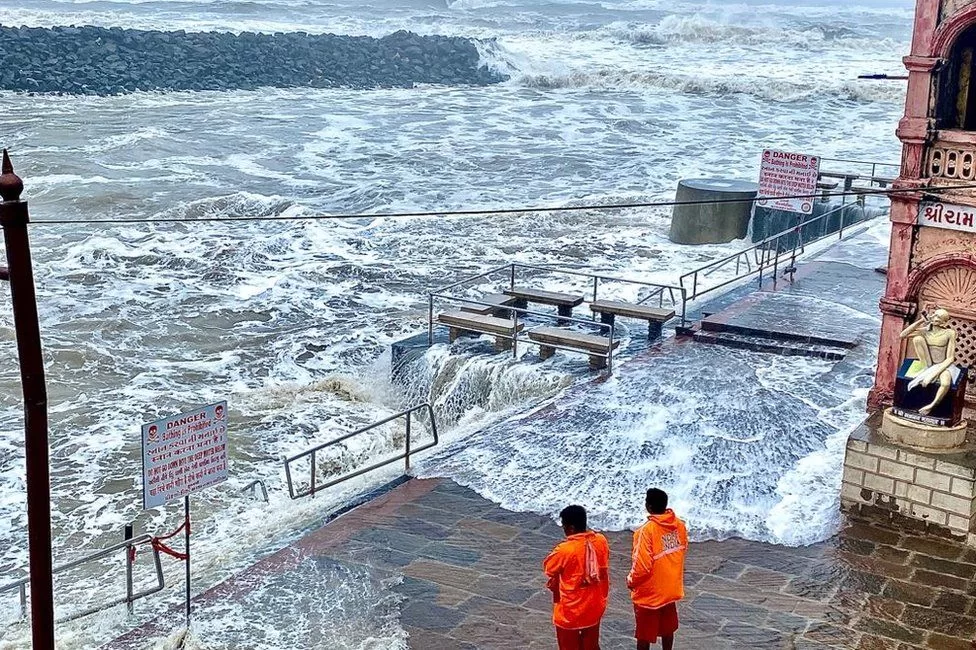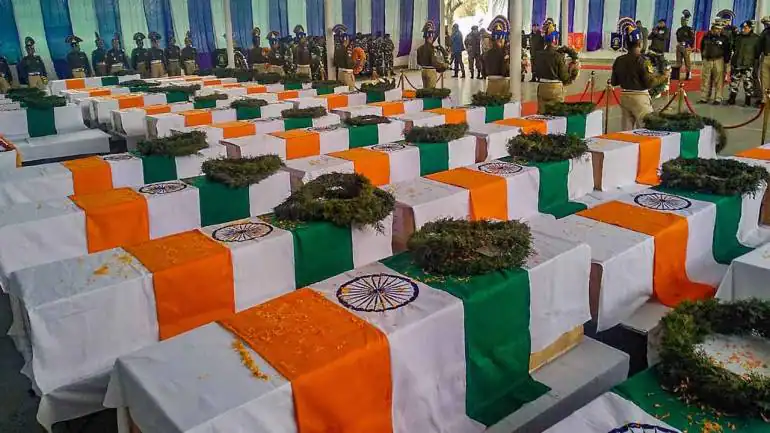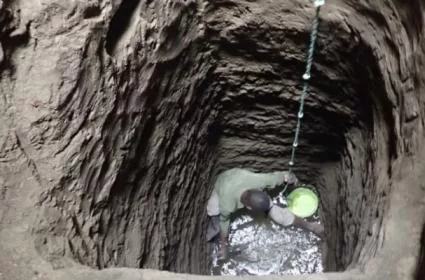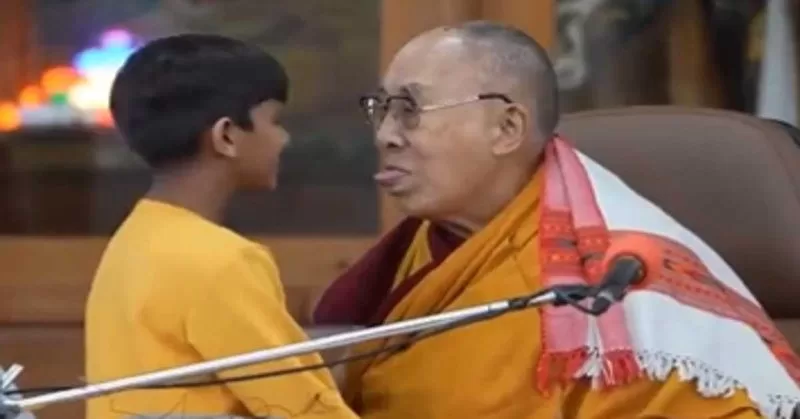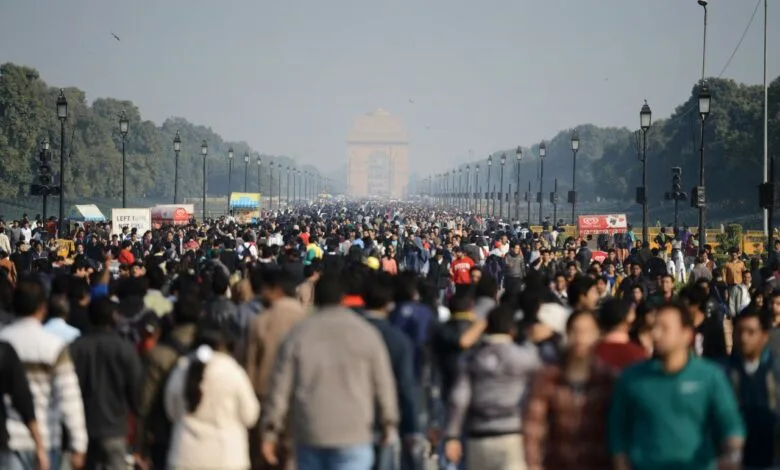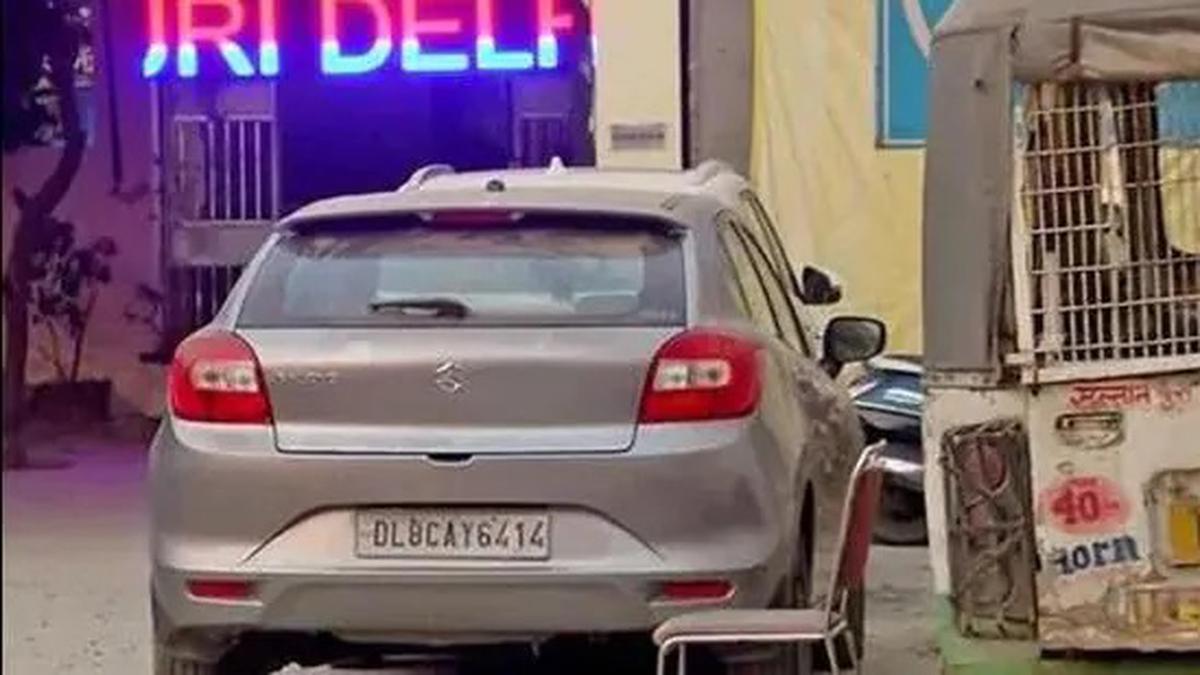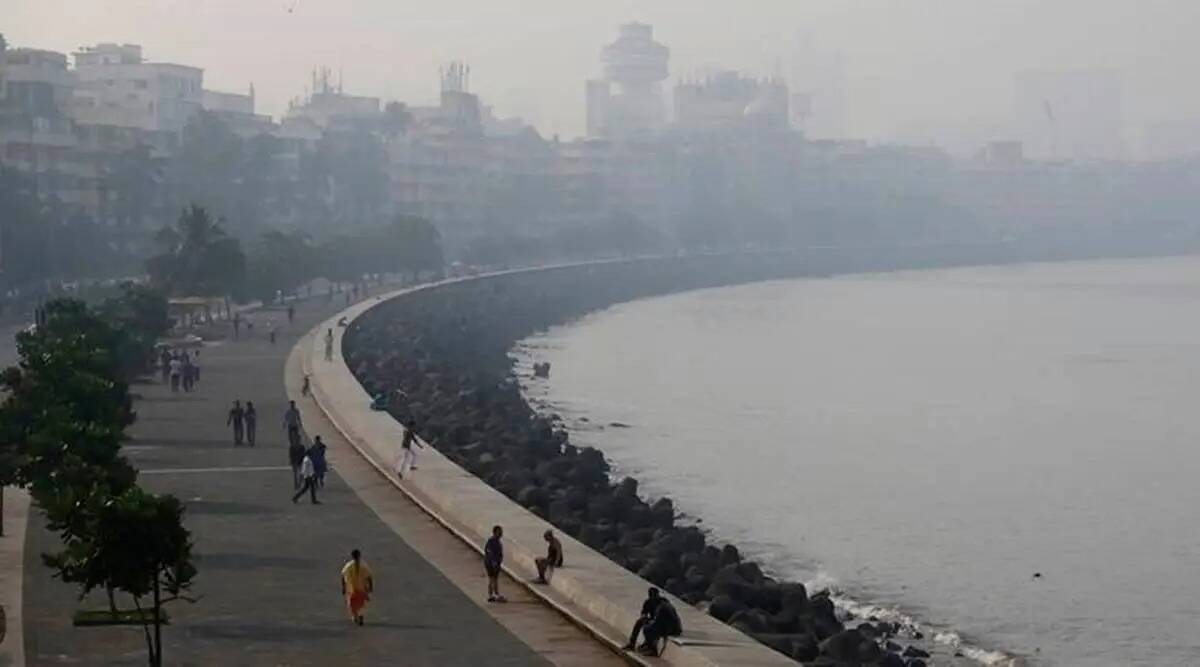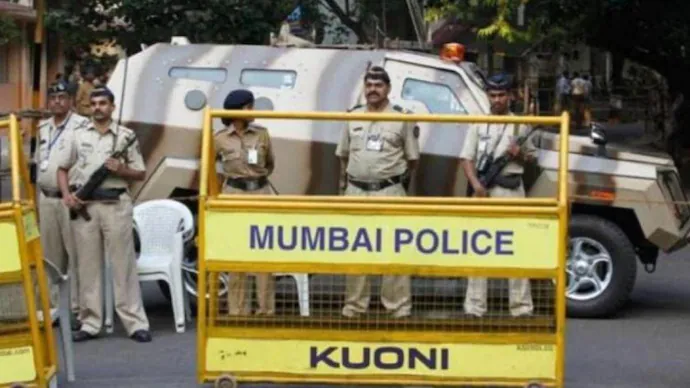
Ajay Kumar Mishra, Minister of State for Home Affairs, said to the Rajya Sabha on July 26 that between 2019 and 2021, 10,61,648 women above the age of 18 and 2,51,430 under the age of 18 girls went missing across the nation.
According to information provided to the Rajya Sabha by the Ministry of Home Affairs, 13.13 lakh girls and women went missing in the country between 2019 and 2021, with Madhya Pradesh accounting for the largest number at nearly two lakh, and West Bengal coming in second place.
In 2019, there were 82,084 girls and 3,42,168 women reported missing, while in 2020, there were 79,233 girls and 3,44,422 women, he said.
The website of the National Crime Records Bureau (NCRB) states that 49,436 of the 82,619 missing girls in 2019 were found. 3,29,504 women went missing in the same year, and 1,68,793 of them were found. 3,44,422 women and 79,233 girls went missing in 2020. 2,24,043 of these ladies were found; the number of girls found in 2019 was not disclosed. “In 2021, 58,980 of the 90,113 girls who went missing were found. 2,02,298 of the 3,75,058 missing women were found, according to the data.
Data from the Union Home Ministry, prepared by NCRB and presented to Parliament last week, shows that between 2019 and 2021, 1,60,180 women and 38,234 girls went missing in Madhya Pradesh. “During the same time period, 36,606 girls and 1,56,905 women went missing from West Bengal. 13,033 girls and 1,78,400 women in Maharashtra went missing at that time.
According to information given to Parliament, 70,222 women and 16,649 girls went missing in Odisha over the course of three years, compared to 49,116 women and 10,817 girls in Chhattisgarh during the same time period.

Delhi reported the most missing women and girls among Union Territories. Between 2019 and 2021, 61,054 women and 22,919 girls went missing in the national capital, while 8,617 women and 1,148 girls went missing in Jammu & Kashmir during the same time frame.
According to Mishra, the Centre has taken a number of steps to ensure the protection of women, including passing the Criminal Law (Amendment) Act of 2013 to effectively deter sexual assaults. Additionally, he added, “the Criminal Law (Amendment) Act, 2018 was passed to prescribe even stricter criminal provisions, including the death penalty, for the rape of girls under the age of 12.” He added that the Act requires that investigations and other steps in rape cases be completed promptly.
The government has introduced the Emergency Response Support System, which offers a single, pan-Indian emergency response system (112) based on a globally recognised number, with computer-aided deployment of field resources to the scene of the emergency.
According to him, the Ministry “also launched the national database on sexual offenders… to facilitate law enforcement agencies’ investigations and tracking of sexual offenders across the country.”






































































